We understand how challenging it is to raise children and teenagers in today’s society. If your child is struggling with emotional outbursts, seems withdrawn, or is facing difficulties with peers, it might be time to consider professional support.
As parents, it’s crucial to act swiftly when signs of distress appear. Early intervention can prevent these challenges from escalating and profoundly affect your child’s development and happiness.
At Ebb & Flow, we offer a compassionate and safe environment where your child can examine and resolve their emotional and behavioral issues. Connect with us today to set your child on a path to emotional well-being and success.
The outcome of Teen & Play Therapy in your child’s life can be highly positive, offering a range of benefits that contribute to their overall development and well-being.
Children and teens learn to identify, understand, and manage their emotions more effectively. This is crucial for reducing feelings of anxiety and depression and for fostering emotional resilience.
Through guided play and interactive therapy sessions, younger clients develop better communication and interpersonal skills, which are vital for building and maintaining healthy relationships.
Therapy equips children and adolescents with strategies to cope with stress, adversity, and change, reducing their reliance on unhealthy behaviors.
As children and teens work through their issues and recognize their growth, they often experience a significant boost in self-esteem and confidence.
Teen & Play Therapy can help improve family relationships through enhanced communication and mutual understanding, often addressing specific family issues within the therapy sessions.
For those who have experienced traumatic events, these therapies are crucial in processing and healing from these experiences, helping to mitigate long-term negative effects.
Teen & Play Therapy encourages a deeper understanding of oneself, promoting introspection and self-discovery, which is especially beneficial during the formative adolescent years. You will also observe that your child is doing better in school and is completely free from behavioral issues. At Ebb & Flow Counseling, we don’t just focus on the results you can see right now, we also empower your child with the tools needed to prevent future psychological issues
At Ebb & Flow Counseling, we’re committed to providing a caring, effective, and personalized counseling experience to help you navigate life’s challenges and achieve personal growth.
If you’re noticing these signs of emotional or behavioral difficulties in your child, don’t wait. Early intervention is crucial.
We design each session to meet the special needs of your child or teen, ensuring that therapy is a positive, reformative experience.
At Ebb & Flow Counseling, we employ a range of specialized therapeutic techniques and approaches tailored to meet the diverse needs of teens and younger children.
This evidence-based approach is central to our teen therapy services. CBT helps adolescents identify and challenge negative thought patterns and behaviors, promoting healthier ways of thinking and acting.
We incorporate expressive arts like drawing, painting, and role-playing into play therapy to help children communicate their feelings and experiences in ways they might not be able to verbalize.
This approach is used primarily with teens to encourage finding solutions in the present time and focusing on the future. SFBT helps teens set and achieve realistic goals, fostering a sense of accomplishment and independence.
Adapted for teenagers, DBT emphasizes the development of skills in four key areas: mindfulness, distress tolerance, emotional regulation, and interpersonal effectiveness.
We use narrative therapy to allow teens and children to separate themselves from their problems, seeing them as external rather than intrinsic to their identities. This reshapes their narratives and recognizes their strengths and abilities.
Combining cognitive therapy principles with play, this approach helps younger children understand their thoughts and feelings and learn coping mechanisms in a playful, relaxed setting.
This evidence-based approach is central to our teen therapy services. CBT helps adolescents identify and challenge negative thought patterns and behaviors, promoting healthier ways of thinking and acting.
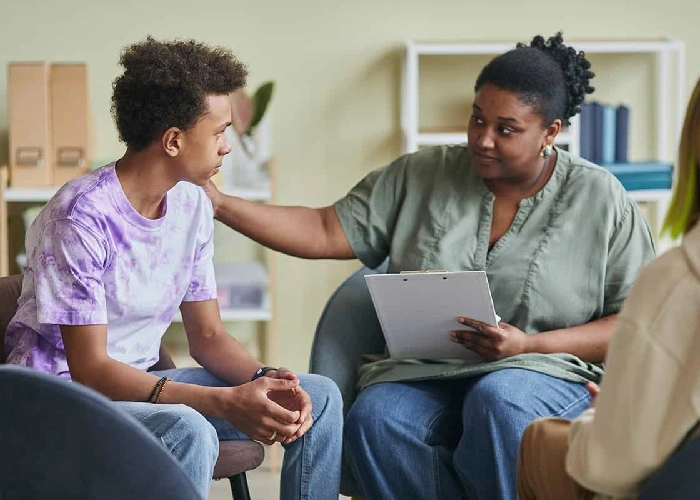
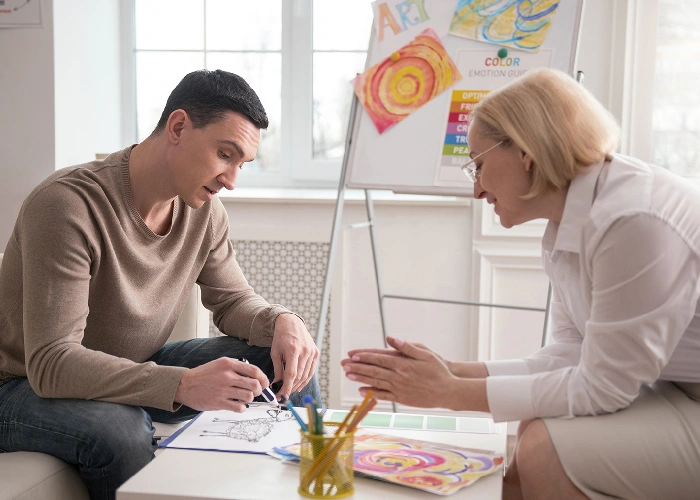
We incorporate expressive arts like drawing, painting, and role-playing into play therapy to help children communicate their feelings and experiences in ways they might not be able to verbalize.
This approach is used primarily with teens to encourage finding solutions in the present time and focusing on the future. SFBT helps teens set and achieve realistic goals, fostering a sense of accomplishment and independence.

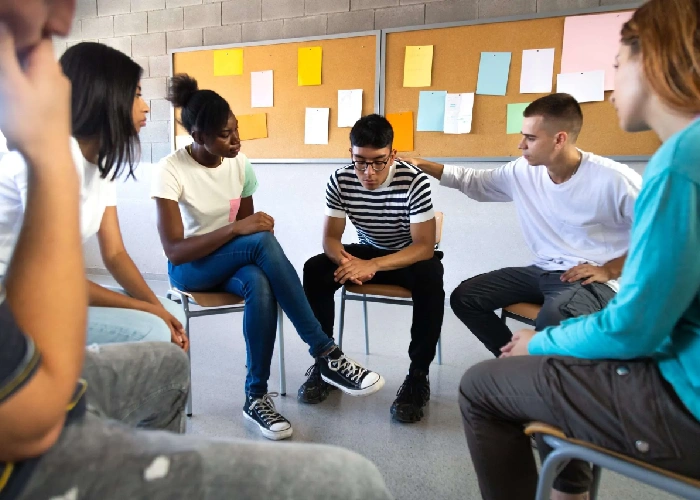
Adapted for teenagers, DBT emphasizes the development of skills in four key areas: mindfulness, distress tolerance, emotional regulation, and interpersonal effectiveness.
We use narrative therapy to allow teens and children to separate themselves from their problems, seeing them as external rather than intrinsic to their identities. This reshapes their narratives and recognizes their strengths and abilities.
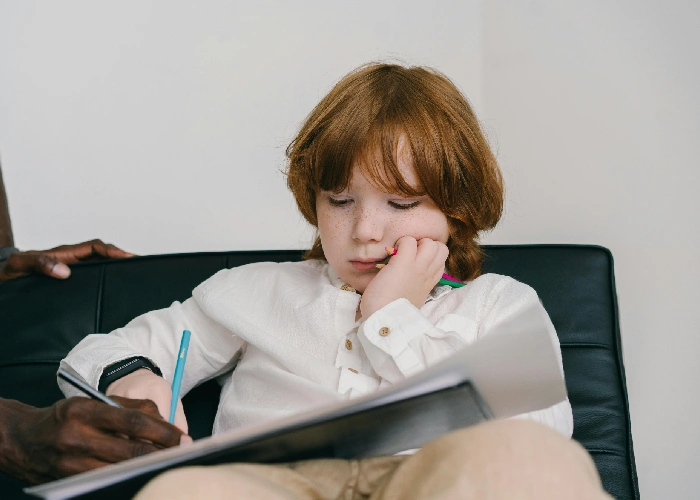
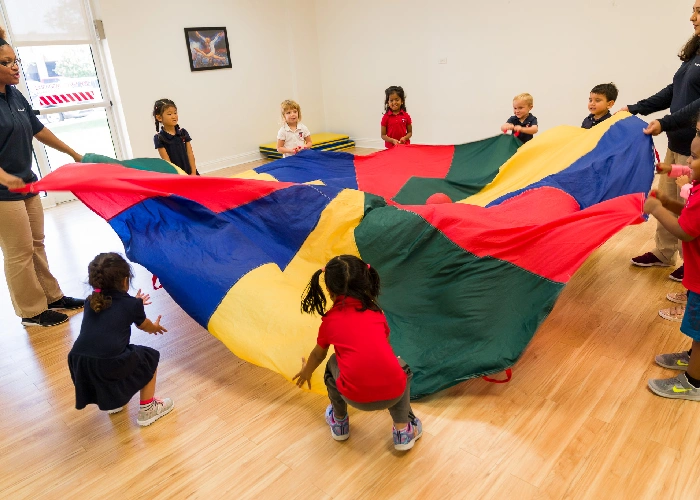
Combining cognitive therapy principles with play, this approach helps younger children understand their thoughts and feelings and learn coping mechanisms in a playful, relaxed setting.
We offer group therapy sessions where teens can develop and practice new skills in a controlled, therapeutic environment, enhancing their social interactions and learning from peers.
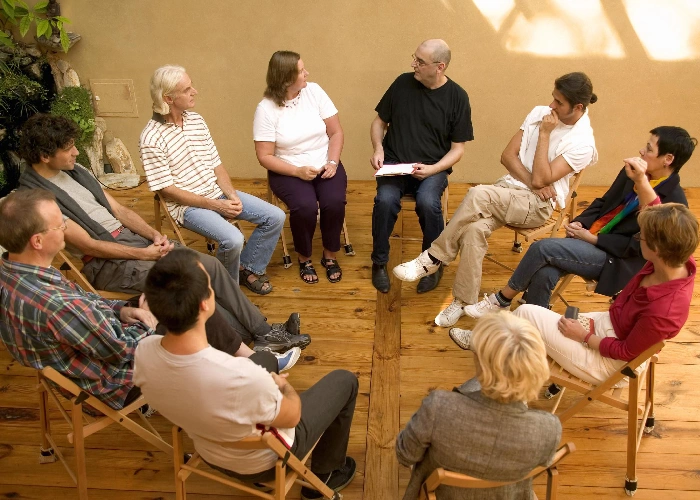
If you’re ready to see your child flourish, schedule a therapy session with us at Ebb & Flow Counseling today. Our specialized teen and play therapy programs are designed to help your child navigate their challenges and unlock their potential in a supportive and nurturing environment.
Teen & Play therapy is typically suitable for children aged 3 to 16 years. However, it can be adapted to meet the needs of slightly younger or older children depending on their developmental stage and specific circumstances. This flexibility allows therapists to tailor their approaches to best support each child’s unique growth and healing process.
To find expert teen & play therapists near you, start by reaching out to us at Ebb & Flow Counseling. We specialize in teen and play therapy and have a team of licensed professionals experienced in helping children and adolescents.
Initially, it might be beneficial for you to be present during your child’s therapy sessions to help them feel more comfortable and secure. However, as therapy progresses, it may be more effective to conduct sessions one-on-one. This allows the therapist to build a direct, trusting relationship with your child and gives your child a private space to express themselves more freely.